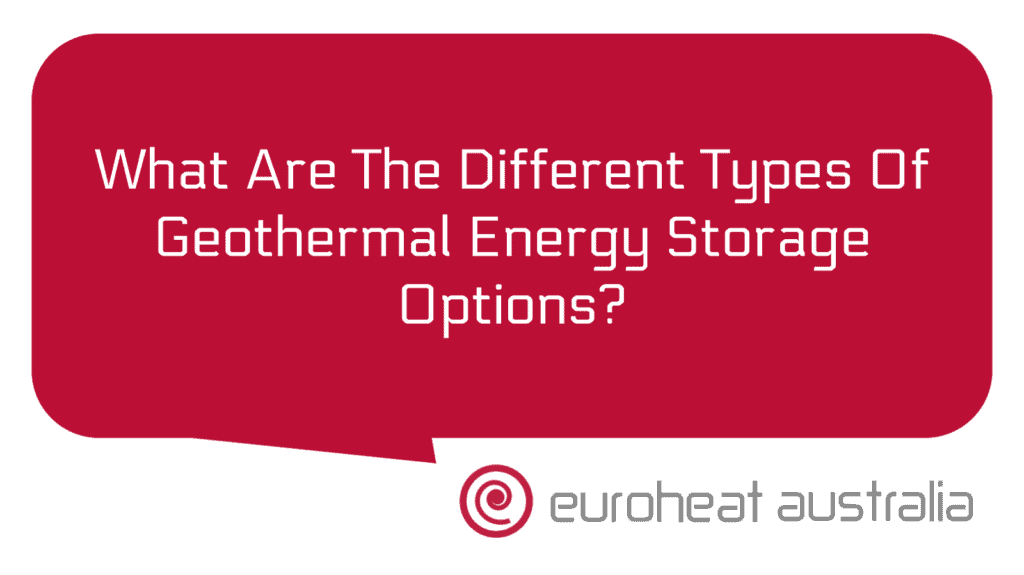When it comes to choosing a heating and cooling system for your home, many homeowners are torn between geothermal and air-source heat pumps. While both offer great energy efficiency and cost savings, there are pros and cons to each that should be taken into account before making a decision.
Geothermal systems work by transferring heat from the ground or a body of water into your home in the winter months, or taking it away in the summer. This is done through a series of underground pipes filled with water or antifreeze solution that circulates around the loop. The advantage of Geothermal systems is that they are incredibly efficient — they can extract up to 70% more heat energy than an air-source heat pump — and they don’t require any additional energy source to run, as they draw it directly from the ground or water source. Geothermal systems also work year-round regardless of temperature outside, meaning you’ll always have reliable heating and cooling when you need it most.
On the other hand, air-source heat pumps use outdoor air instead of an underground source to transfer heat into your home during cold months, and take it away during hot months. While these systems are still very efficient (up to 300% more efficient than electric resistance heating), they do require additional energy sources such as electricity or natural gas for operation. Furthermore, their performance can be affected by extremely cold temperatures outside — so if you live in an area with harsh winters, you may experience reduced efficiency during those times of year.
When looking at the long-term cost savings associated with each type of system, Geothermal systems tend to come out ahead due to their higher efficiency ratings and lack of reliance on external energy sources for operation. A typical 5kW geothermal system can save up to $1,500 per year on your energy bills compared to an air-source system operating at the same capacity — that’s a savings of around 30%. Furthermore, unlike air-source systems which typically last around 10 years before needing replacement parts (or complete replacement), Geothermal systems can last up to 25 years without any major repairs or replacements needed — meaning more money saved over time!
If you’re interested in having a geothermal system installed in your home, there’s no better choice than Euroheat Australia — Perth’s leading engineers & installers when it comes to hydronic heating & cooling solutions. With over 30 years experience designing & constructing these types of systems for both residential & commercial applications around Australia & New Zealand, you know you can trust them for all your design & installation needs. Not only will Euroheat help provide long term cost savings through improved efficiency ratings & lower maintenance costs thanks to their highly trained technicians; but their knowledge & expertise also means that whatever design solutions they propose will be tailored specifically for your property – ensuring maximum comfort for years to come!





